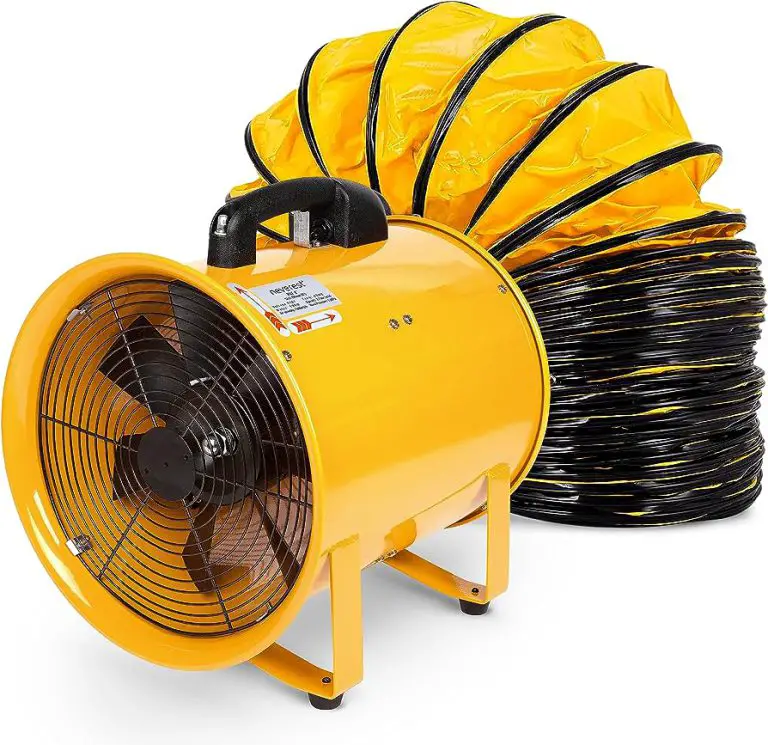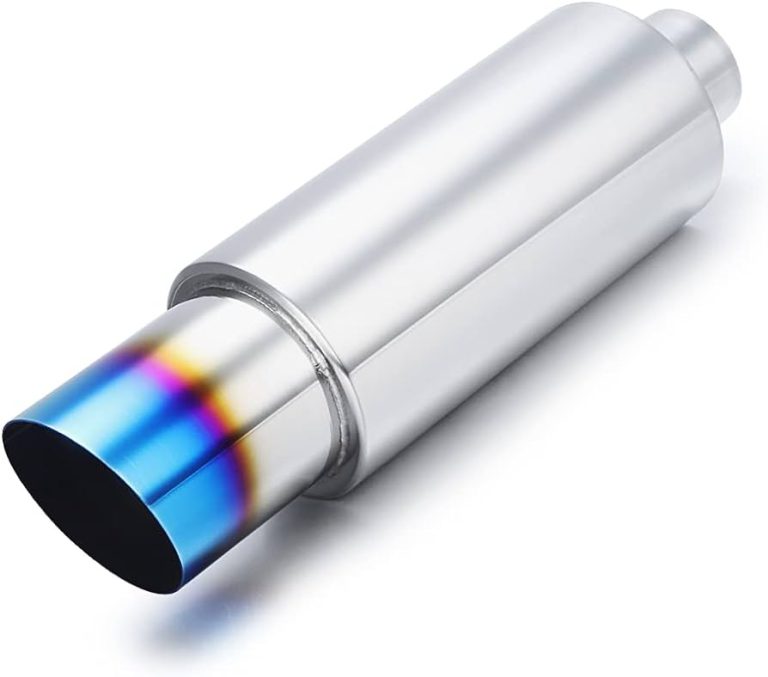Unveiling the Sound Secrets: Mufflers Vs. Resonators – What’s the Difference?
Mufflers and resonators are different exhaust system components that have various effects on sound.

Credit: pedalcommander.com
Understanding The Basics
An exhaust system plays a crucial role in a vehicle, and understanding its basics is essential. Mufflers and resonators are key components of an exhaust system, designed to control sound. Mufflers reduce noise by using chambers and baffles to reflect and absorb sound waves.
Resonators, on the other hand, work by creating a counterwave, canceling out specific frequencies to provide a quieter exhaust note. Both play a significant role in shaping the sound of a vehicle, with mufflers primarily reducing overall noise levels, and resonators targeting specific frequencies.
Sound control in vehicles is essential for various reasons, including noise pollution regulations, personal preference, and maintaining a comfortable driving experience. By understanding the difference between mufflers and resonators, drivers can make informed decisions about their vehicle’s sound characteristics and find the perfect balance between performance and noise control.
Mufflers: Silencing The Noise
Mufflers play a crucial role in silencing the noise generated by the exhaust system. They utilize a series of chambers and baffles to reduce sound emissions. There are different types of mufflers available, including chambered mufflers, turbo mufflers, and straight-through mufflers.
Each type has its own unique design, resulting in varying levels of noise reduction and performance characteristics. While mufflers do a great job of reducing noise, they can also have some drawbacks. They can restrict exhaust flow, leading to reduced engine performance.
Additionally, mufflers can add weight to the vehicle and may require regular maintenance. Understanding the pros and cons of using mufflers is essential for choosing the right one for your vehicle’s sound requirements and performance needs.
Resonators: Tuning Your Sound
Resonators play a crucial role in tuning the sound produced by your vehicle’s exhaust system. They are designed to reduce or eliminate specific frequencies of sound, resulting in a more desirable and enjoyable exhaust note. There are different types of resonators, such as glasspacks, bullet resonators, and chambered resonators, each with its own unique function.
Glasspacks are straight-through resonators that create a deep and aggressive tone, while bullet resonators use a perforated tube to muffle the sound. Chambered resonators, on the other hand, utilize chambers and baffles to create a balanced and refined exhaust note.
In addition to improving the sound, resonators can also enhance the overall performance of your vehicle by reducing backpressure and increasing exhaust flow. So, if you’re looking to fine-tune your vehicle’s sound and optimize its performance, consider the addition of resonators to your exhaust system.
Mufflers Vs. Resonators: What Sets Them Apart?
Mufflers and resonators have distinct functions and features that set them apart. Mufflers are primarily designed to reduce the noise produced by the exhaust system of a vehicle. They do this by using chambers and baffles to absorb and reflect sound waves.
Resonators, on the other hand, are more focused on eliminating specific frequencies or tones that may cause unpleasant sounds. They achieve this by using different designs, such as straight-through tubes or helical coils, to create sound cancellation effects. When it comes to choosing between mufflers and resonators, it depends on your preferences and the desired sound outcome for your vehicle.
If you’re looking for overall noise reduction, mufflers are the way to go. However, if you want to address specific sound frequencies, resonators could be a better option. Choose wisely to achieve the optimal sound experience for your vehicle.
Installing And Maintaining Mufflers And Resonators
Mufflers and resonators serve different purposes in a vehicle’s exhaust system, affecting sound in distinct ways. When installing these components, there are important considerations and techniques to keep in mind. To ensure longevity, regular maintenance is crucial. This includes cleaning, inspection, and addressing any issues promptly.
If any problems arise, troubleshooting solutions can help mitigate them. By following proper installation techniques and staying on top of maintenance, the mufflers and resonators will perform optimally, resulting in the desired sound and overall functioning of the exhaust system.
Remember, attention to detail and proactive measures can go a long way in ensuring a smooth and enjoyable driving experience with the right sound.
Upgrading Your Exhaust System: Performance And Sound
Upgrading your exhaust system can have a significant impact on both performance and sound. When it comes to mufflers and resonators, understanding the difference is crucial. Mufflers focus on reducing noise levels while resonators target specific frequencies for a better sound.
By upgrading either component, you can optimize the performance of your vehicle. There are several popular aftermarket options available, each with its own unique features. Whether you’re looking for a sportier tone or improved horsepower, choosing the right muffler or resonator is essential.
Balancing sound control and performance enhancements is the key to achieving the desired outcome. So, consider exploring the various options to find the perfect fit for your exhaust system upgrade.
Frequently Asked Questions Of Mufflers Vs. Resonators: What’S The Difference And How Do They Affect Sound?
What Are Mufflers And Resonators Used For In A Car?
Mufflers are used to reduce the noise produced by the exhaust system, while resonators are designed to change the sound frequency of the exhaust gases. Both help improve the overall performance and sound of a vehicle.
How Do Mufflers And Resonators Affect The Sound Of A Car?
Mufflers work by dissipating the sound energy created by the engine, resulting in a quieter exhaust note. Resonators, on the other hand, alter the sound waves produced by the engine, creating a different exhaust tone. The combination of both can greatly impact the overall sound of a car.
Which One Is Better For Sound Improvement: Mufflers Or Resonators?
The effectiveness of mufflers and resonators in enhancing sound largely depends on personal preference. Mufflers are more effective at reducing overall exhaust noise, while resonators can offer more control over the tone and timbre of the sound. The ideal choice will vary based on individual preferences and desired sound characteristics.
Conclusion
To sum it up, understanding the difference between mufflers and resonators is crucial in optimizing the sound of your vehicle. Mufflers are designed to reduce exhaust noise by creating back pressure, while resonators are focused on canceling out specific frequencies.
Choosing the right component for your car depends on your desired sound and performance goals. Mufflers are ideal if you want a deep and mellow tone, while resonators are more suited for those seeking a crisper and aggressive sound. Both play vital roles in the overall sound quality of your vehicle’s exhaust system.
It’s essential to consider factors such as materials, construction, and design, as they greatly impact the sound produced. Ultimately, the decision between mufflers and resonators comes down to your personal preferences and the specific sound you want to achieve for your vehicle.
So, take the time to research and experiment, and enjoy the customized sound that reflects your unique style on the road.




